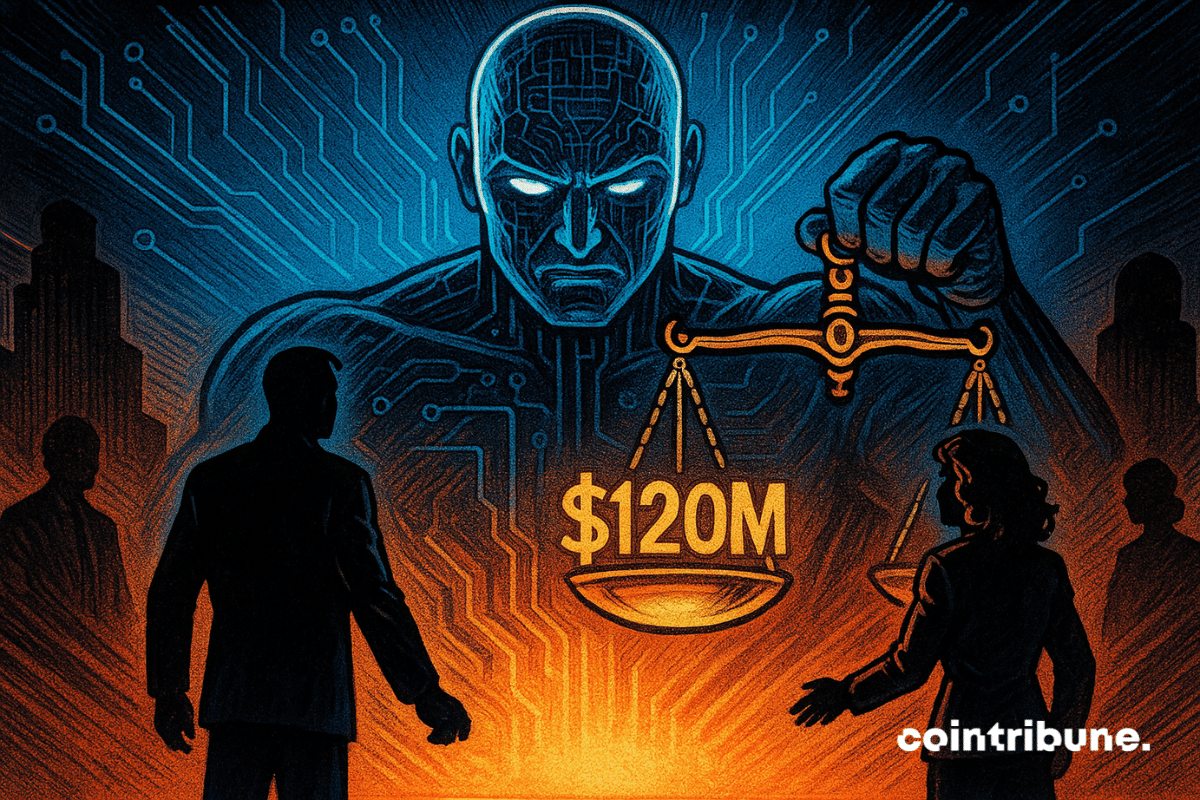- Assembly Bill 471 exempts blockchain operators from money transmitter licenses.
- The bill prohibits state and local governments from restricting users over crypto payments.
- Wisconsin legislation protects self-hosted wallets and digital asset staking activities.
Wisconsin legislators have introduced Assembly Bill 471 to establish regulatory clarity for cryptocurrency and blockchain operations within the state. The bill was presented on September 29, 2025, by Representatives Neylon, Gustafson, Gundrum, Knodl, Kreibich, Krug, and Tranel.
The legislation creates exemptions from money transmitter licensing requirements for several blockchain-related activities. Under current Wisconsin law, the Department of Financial Institutions regulates money transmitters, requiring licenses for businesses handling payment instruments and stored value.
Assembly Bill 471 would exclude persons engaged in operating blockchain nodes, exchanging digital assets for other digital assets without fiat currency involvement, developing blockchain software, and conducting mining or staking operations. These activities would not need money transmitter licensing under the proposed framework.
Government restrictions face limitations
The bill prohibits both state agencies and political subdivisions including cities, villages, towns, and counties from restricting cryptocurrency usage. Governments cannot prevent individuals or businesses from accepting digital assets as payment for legal goods and services.
Protection extends to self-custody solutions under the proposed legislation. State and local authorities cannot impair the ability of residents to hold digital assets using self-hosted wallets or hardware wallets, which allow users to maintain direct control over their cryptocurrency holdings.
The bill defines blockchain as a technology where data is shared across networks, linked using cryptography, distributed among participants automatically, and composed of publicly available source code. Digital assets are defined as any digital representation of value recorded on cryptographically-secured distributed ledgers.
Staking receives specific regulatory attention in the legislation. The bill defines staking as committing or locking digital assets to support blockchain protocol security and operations through proof-of-stake consensus mechanisms, either by operating validator nodes or delegating assets to validators.
Securities exemption for staking services
Assembly Bill 471 creates a transaction exemption under Wisconsin securities law for third-party staking service providers. The exemption applies to technical solutions that enable token owners to earn network rewards through staking, excluding services designed to generate returns beyond blockchain network rewards.
The legislation specifies that persons in Wisconsin may operate nodes for connecting to blockchain protocols, develop software on blockchains, transfer digital assets between parties using blockchain protocols, and participate in staking activities without additional regulatory burdens.
Related: Thane Becomes India’s First City with Dedicated Crypto Investigation Cell
Disclaimer: The information presented in this article is for informational and educational purposes only. The article does not constitute financial advice or advice of any kind. Coin Edition is not responsible for any losses incurred as a result of the utilization of content, products, or services mentioned. Readers are advised to exercise caution before taking any action related to the company.
Source: https://coinedition.com/wisconsin-bill-ab471-moves-to-regulate-crypto-protect-mining-and-self-custody/



